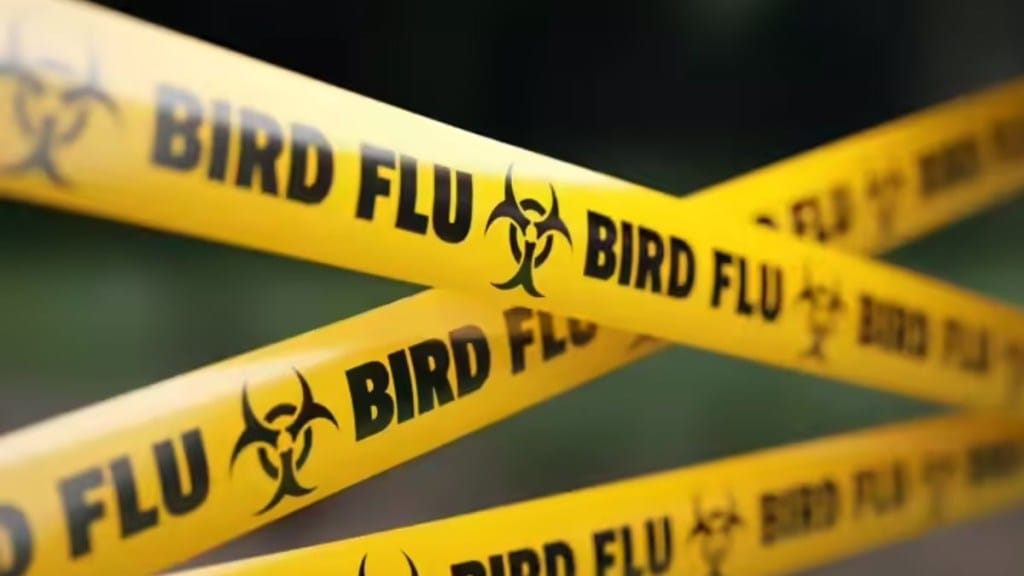Delhi’s National Zoological Park has been temporarily closed to visitors after officials confirmed that two painted storks tested positive for the H5N1 Avian Influenza Virus. The closure, which started on Saturday, will remain in effect until further notice to ensure the safety of both the public and zoo staff.
“Samples from two dead painted storks in the water bird aviary were sent to the National Institute for High Security Animal Diseases (NIHSAD), Bhopal, for screening on August 27, 2025. Both samples tested positive for H5N1 avian influenza on the evening of August 28,” National Zoological Park Director Sanjeet Kumar told ANI.
Director, National Zoological Park, Sanjeet Kumar says, "Samples from 2 dead Painted storks in water bird aviary of National Zoological Park, New Delhi were sent for screening of avian influenza to National Institute for High Security Animal Diseases (NIHSAD), Bhopal on… https://t.co/7gCDO5u8CI
— ANI (@ANI) August 30, 2025
The zoo has implemented strict biosecurity measures, including intensive surveillance and protective protocols for staff and animals, to prevent the spread of the virus within the park. “Immediate actions have been initiated to safeguard animals, birds, and zoo staff. In the interest of public health, the zoo will remain closed from August 30 until further notice,” Kumar added.
What is H5N1 avian influenza?
H5N1, commonly known as bird flu, is a viral infection that affects birds but can also infect humans who have close contact with infected birds. According to the World Health Organization (WHO) and the Centers for Disease Control and Prevention (CDC), human cases are rare but can be serious.
In humans, symptoms of H5N1 avian influenza may include fever and chills, cough, sore throat, runny nose, muscle aches, eye infections in some cases, and severe respiratory problems such as difficulty breathing.
The virus can lead to pneumonia, organ failure, and even death in severe cases, particularly among the elderly, children, or people with weakened immune systems.
How humans can stay safe from bird flu
Authorities say the risk to the public is low, especially for those who do not come into direct contact with infected birds. The CDC and India’s Ministry of Health recommend avoiding sick or dead birds, washing hands thoroughly after handling birds or contaminated surfaces, using masks and gloves if contact is necessary, cooking poultry and eggs properly, and reporting any sick or dead birds to local authorities immediately.
People who experience symptoms such as fever, coughing, or breathing difficulties after exposure to birds should immediately see a doctor as early diagnosis and treatment can reduce complications.
Preventive measures taken by zoo officials
At Delhi’s National Zoological Park, officials are taking extra steps to stop the virus from spreading. They are isolating and watching all birds, cleaning enclosures and feeding areas, and allowing only trained staff to enter. Officials continue to monitor the situation closely and will reopen the zoo only when it is safe.

